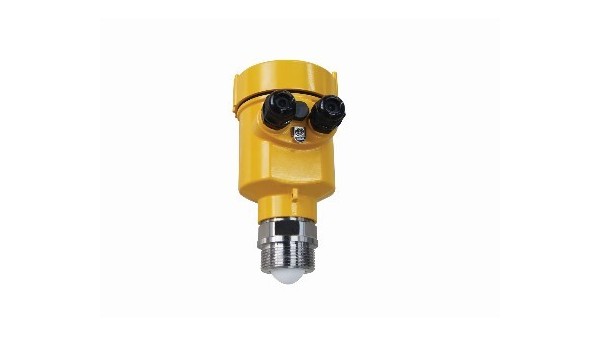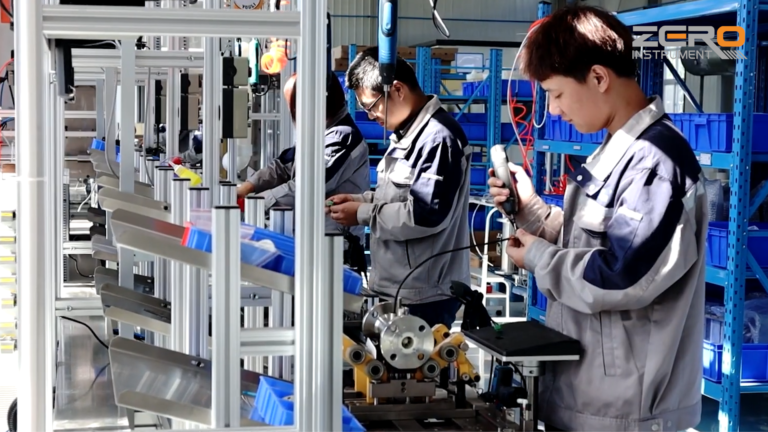An asphalt vessel is a type of ship designed to transport asphalt and other liquid petroleum products to market. During the transportation of asphalt, level monitoring and control is very important to ensure safe and efficient transportation of the cargo.
A radar level meter, as a kind of level measurement equipment widely used in various industrial occasions, is also widely used in asphalt ship cargo level measurement.
In this paper, we will introduce the characteristics of asphalt ship cargo tank levels and provide two actual measurement cases to demonstrate the application of radar level meters in this area.

Characteristics of Asphalt Ship Cargo Tank Level Characteristics of asphalt ship cargo tank level measurement include high temperature: asphalt is a high-temperature liquid that is usually transported and stored at high temperatures ranging from 150 to 250 degrees Celsius.
This makes the level measurement equipment needs to have sufficient high-temperature resistance and be able to accurately measure the liquid level under a high-temperature environment.
Viscosity: the viscosity of asphalt is usually very high, which makes the level measurement equipment required to be able to adapt to the viscous liquid environment, to avoid measurement errors.
Harsh environment: asphalt ship cargo hold environment is usually harsh, there are oxidation, corrosion, and other environmental factors.
Therefore, the level measurement equipment needs to have corrosion resistance. Ship precision requirements: asphalt transportation at sea, level measurement equipment needs to meet the relevant standards and requirements of maritime transportation, to ensure that the ship’s accuracy requirements.

Below are two actual measurement cases to demonstrate the use of radar level meters for cargo tank level measurement on asphalt vessels.
Case 1: Large Asphalt Ship An oil company in Asia is operating a large asphalt ship, which carries a large amount of asphalt in the sea trade.
However, due to the complexity of the viscosity and high-temperature environment in the cargo hold of the asphalt ship, it is difficult for traditional-level measurement equipment to adapt to these challenges.
In response to this problem, the radar level meter adopts high-frequency microwave signal technology, which can accurately penetrate the asphalt and carry out the liquid level measurement, and its measurement results are not affected by the material vapor, and it has high stability and reliability.
It can quickly respond to level changes and reduce errors, thus helping oil companies to ensure the safety and operational efficiency of their vessels.
Case 2: Small Asphalt Vessel A North American-based logistics company operates a small asphalt vessel that supplies asphalt to nearby ports and factories.
However, they had been facing problems with inaccurate level measurements, causing loading and unloading operations to become unstable and unsafe.
In response, a radar level meter was applied to the logistics company’s small asphalt vessel to provide accurate and reliable level measurement, helping the logistics company to ensure the stability and safety of the vessel.
The radar level meter is high-temperature, corrosion- and high-pressure resistant, as well as highly adaptable when dealing with high-viscosity liquids.
It not only provides real-time level measurement data but also transmits the data to the control room for remote monitoring and control.

Asphalt ship cargo tank level measurement involves high temperature, multi-viscosity and other characteristics, which requires level measurement equipment needs to have adaptability to these conditions while being able to provide accurate, real-time level measurement data.
Through two actual measurement cases, we can see the effect of a radar level meter in asphalt ship cargo tank level measurement, it can improve the safety and efficiency of asphalt transportation but also can save costs and improve profitability.
